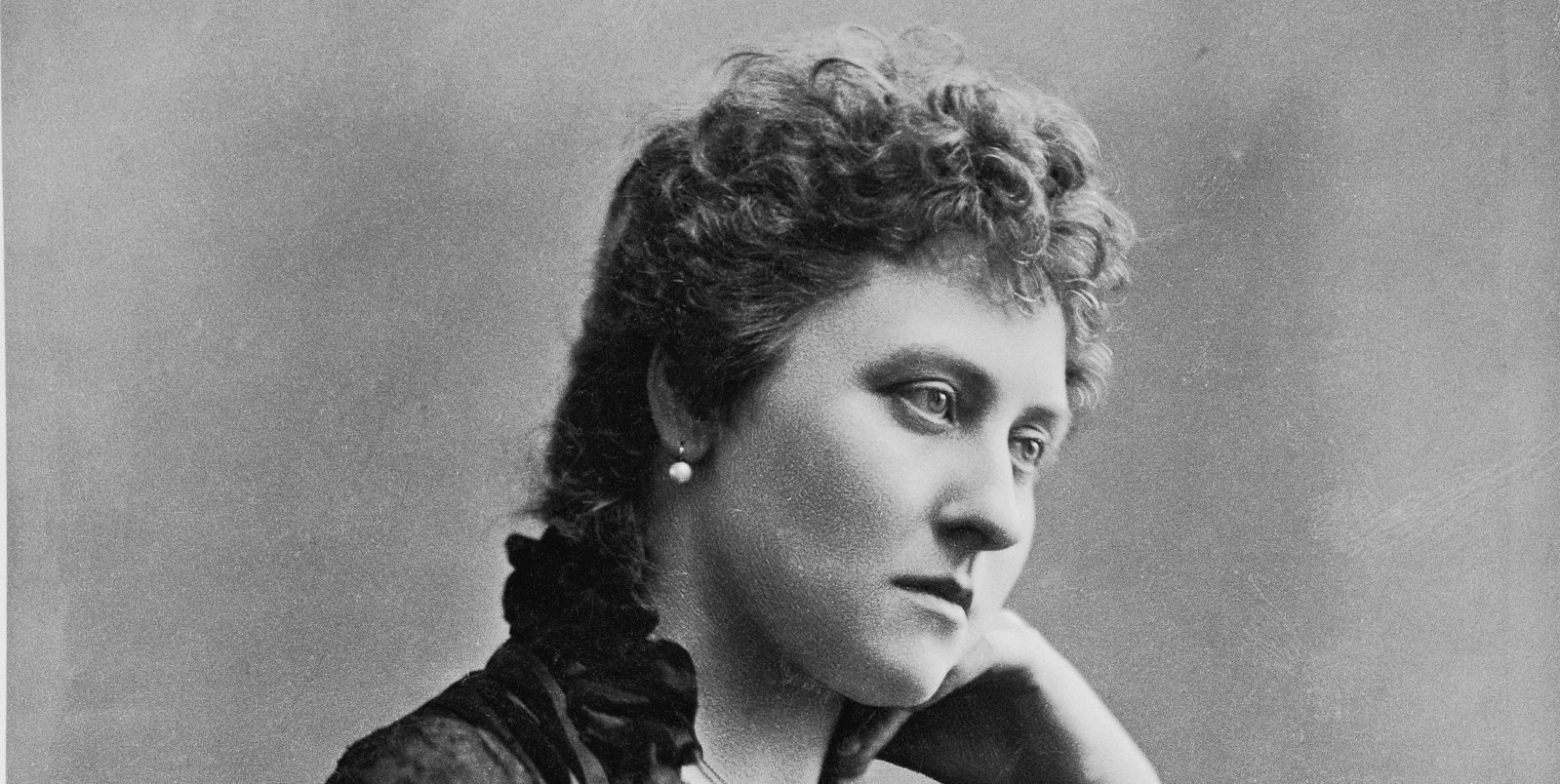Princess Louise
The captivating life and art of Queen Victoria and Prince Albert’s daughter

Princess Louise Caroline Alberta, the sixth child of Queen Victoria and Prince Albert, was born in Buckingham Palace on 18 March 1848. Louise was known to be a curious and clever girl, with Lady Augusta Bruce, one of the Queen’s ladies calling her ‘the delicious Baby … a delight and beautiful creature’. Louise was a fascinating woman and ahead of her time in many ways.
Her artistic tendencies were perhaps a result of her parents’ keen interest in and own practice of art, a pursuit that they strongly encouraged in their children. Along with her siblings Louise had lessons in drawing and watercolour painting from the artist Edward Henry Corbould (1815–1905). As she grew older and her skills and talent developed, she received private tuition from the sculptor Mary Thornycroft (1809–95) and later attended The National Art Training School.
It was a family tradition for Louise and the other royal children to present drawings and watercolours to their parents on special occasions – something Queen Victoria had done herself as a child. Victoria and Albert were clearly proud of their children’s artistic efforts and development, as many of their works were carefully mounted in albums as keepsakes which ensured their preservation. Many of Louise’s sketches and watercolours from throughout her life are housed in Windsor Castle in the print room designed by her father.
Louise lived a long and full life, attending the National Art Training School and becoming one of the first members of the royal family to publicly practise as an artist. Louise created a full-size statue of her mother, Queen Victoria, outside Kensington Palace, and a memorial sculpture for the Boer War in St Paul’s Cathedral, London. She spent time abroad in Canada with her husband John Campbell, Marquess of Lorne, where she contributed to women’s rights movements and supported the formation and aid of girls’ schools and organisations.







